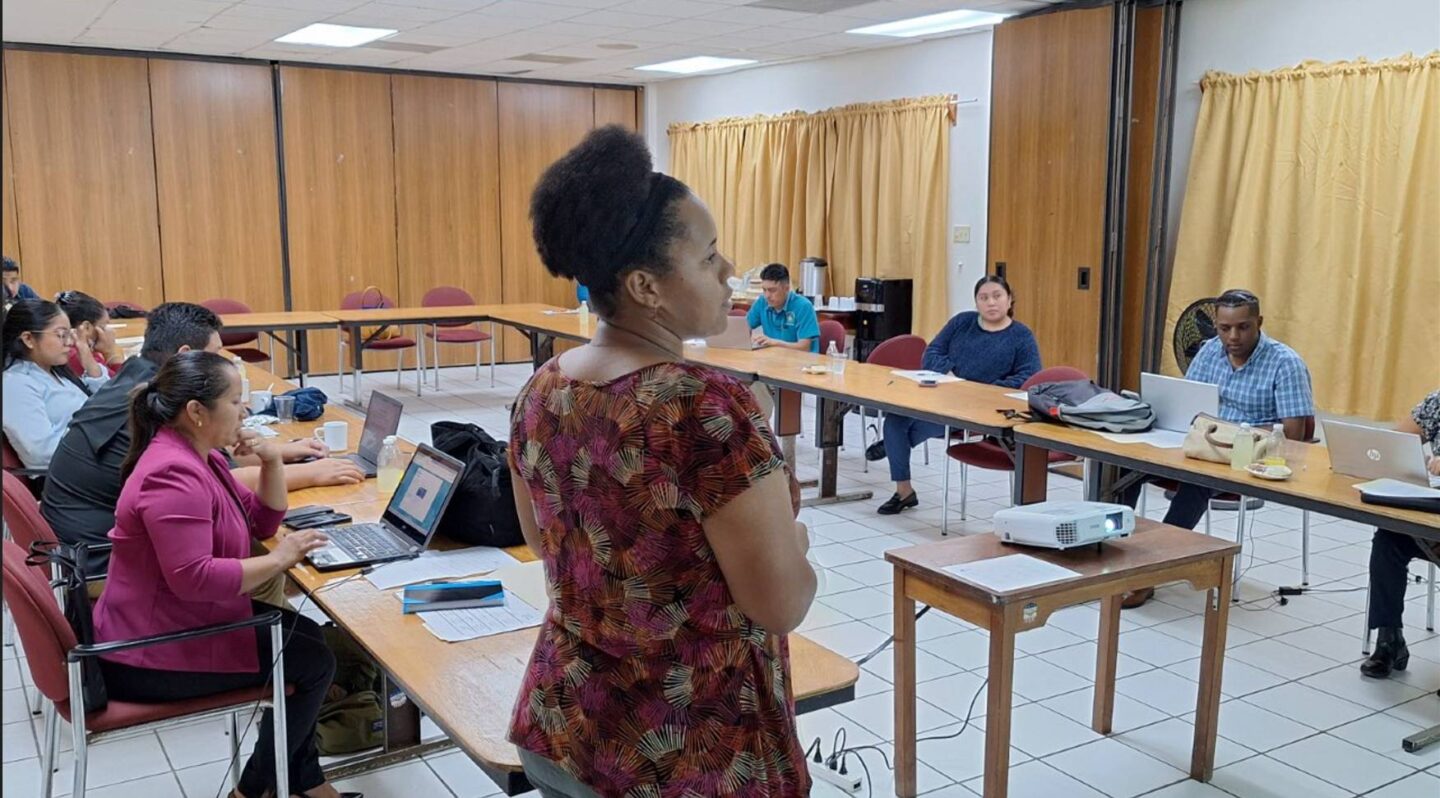The Caribbean Public Health Agency (CARPHA) recently concluded a pivotal Shipping of Infectious Substances Training (SIST) in Belize, held from October 20 to 24, 2025. Funded through CARPHA’s Pandemic Fund Grant, the workshop aimed to bolster national laboratory capabilities in the safe handling, packaging, and transportation of infectious substances and diagnostic specimens. The training brought together 13 participants from five laboratories, including private entities and the National Public Health Laboratory under Belize’s Ministry of Health and Wellness (MOHW).
This initiative is crucial for the Caribbean, where fragile economies face heightened risks from infectious diseases. By adhering to World Health Organisation (WHO) and International Air Transport Association (IATA) regulations, the training enhanced technical competencies in specimen management, ensuring safer and more efficient referral testing. This effort aligns with CARPHA’s broader Pandemic Fund Project, which seeks to strengthen pandemic prevention, preparedness, and response (PPR) capacities across its Member States.
Participants engaged in hands-on exercises, mastering the classification, packaging, labeling, and documentation of infectious substances. Dr. Lisa Indar, CARPHA’s Executive Director, emphasized the importance of partnerships in preparedness, stating, ‘Together with the Ministry of Health and Wellness and national stakeholders, we are establishing a sustainable, IATA-compliant shipping workforce that will protect specimen integrity and bolster Belize’s readiness for future public health emergencies.’
Carlos Rampersad, CARPHA’s Biorisk Manager for the Pandemic Fund, highlighted the training’s role in disease surveillance and outbreak response. ‘By building the technical skills of health professionals in Belize, we are advancing regional biosafety and biosecurity standards,’ he noted. Rochelle Cabral, Director of Central Medical Laboratory and Vice Chair of CARPHA’s Biorisk Management Technical Advisory Group, added that national capacity building directly enhances the region’s collective resilience.
The SIST in Belize is part of a series of regional activities under the Pandemic Fund Project, focusing on workforce development and sustainable biosafety practices. Upcoming initiatives will continue to strengthen laboratory and surveillance systems across CARPHA Member States, ensuring a robust public health infrastructure.
